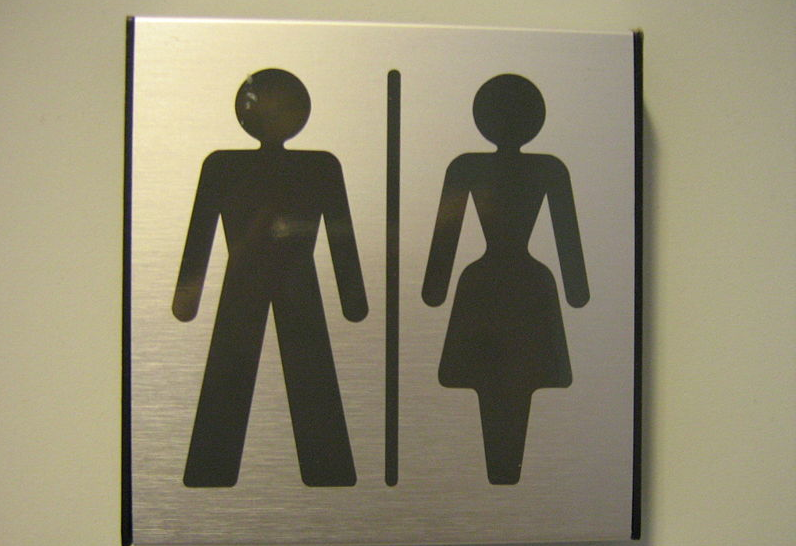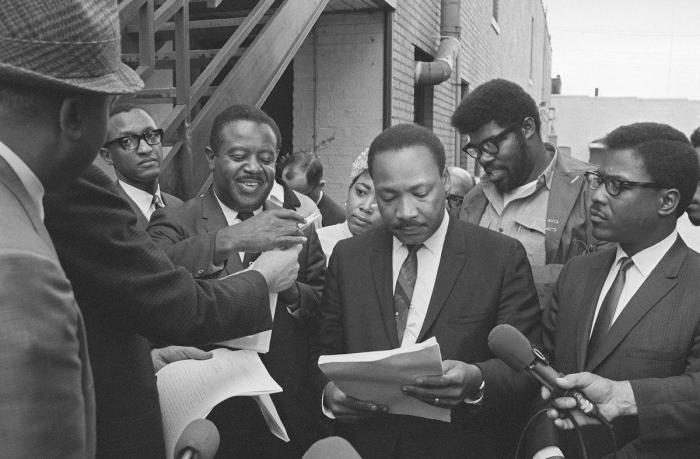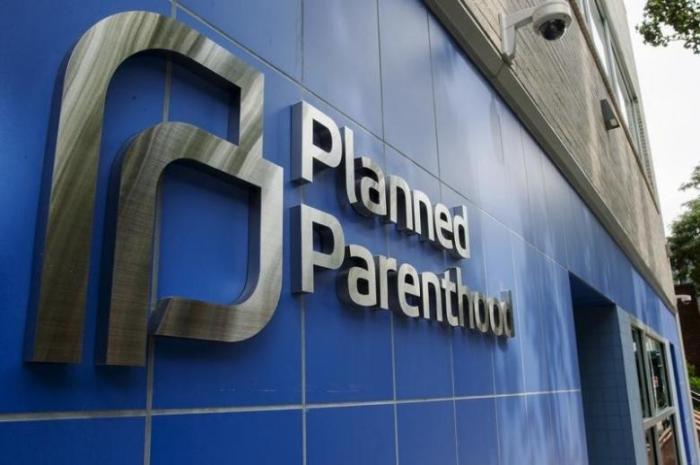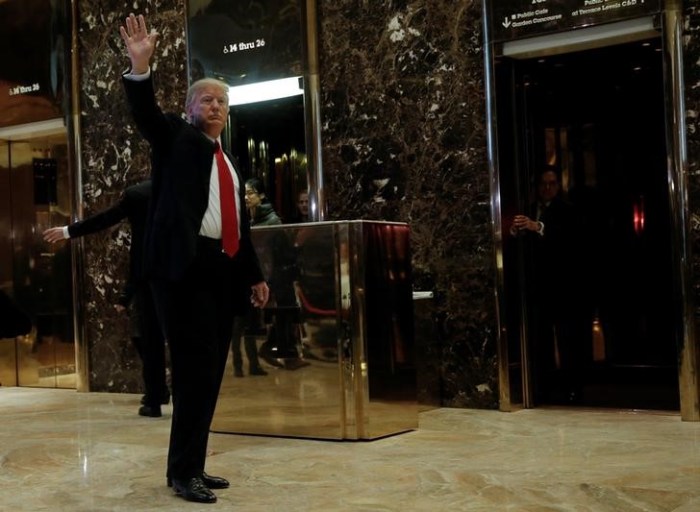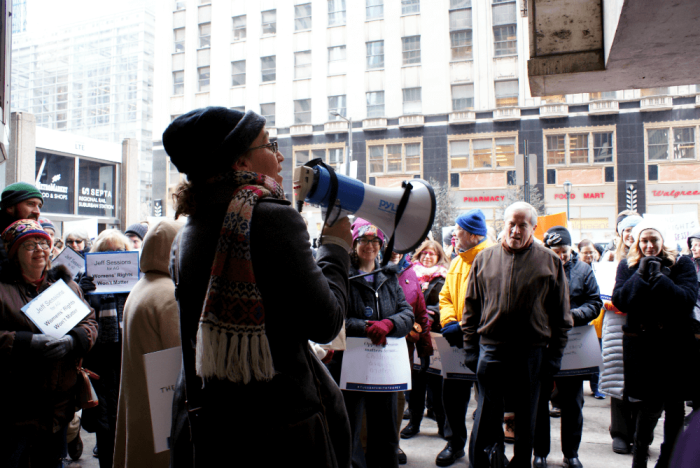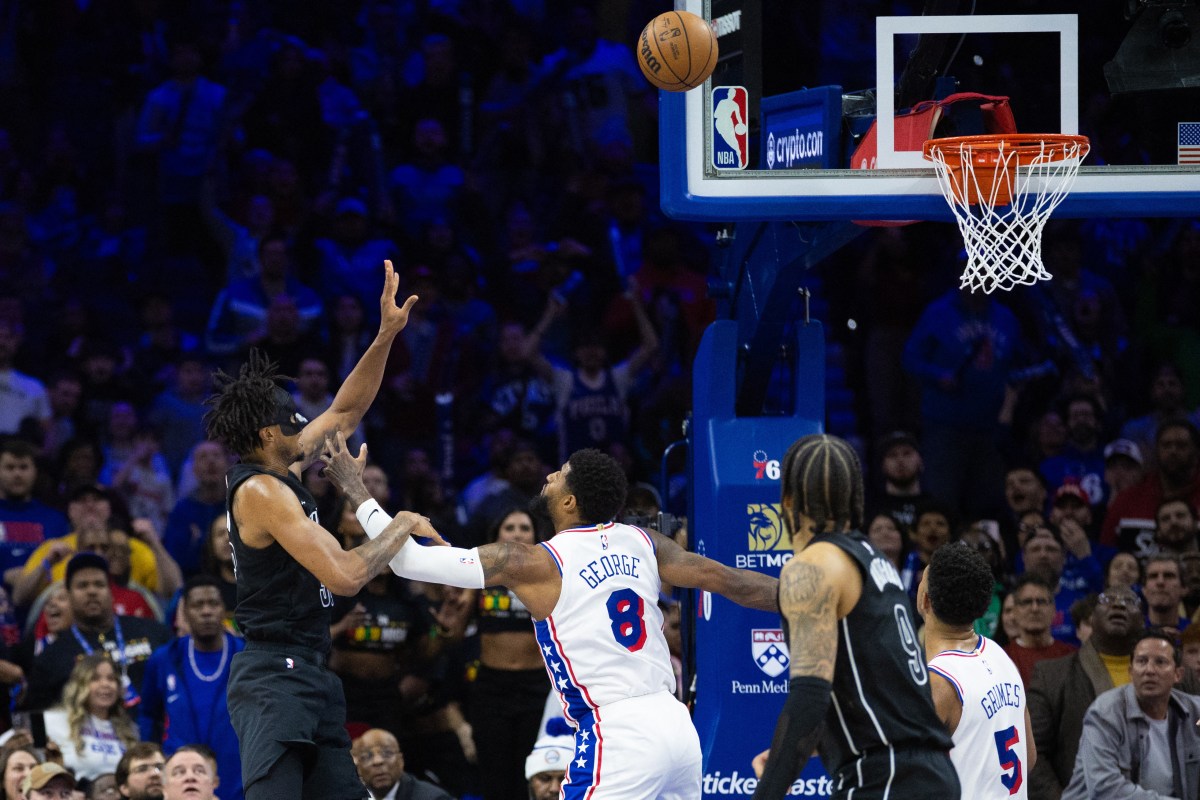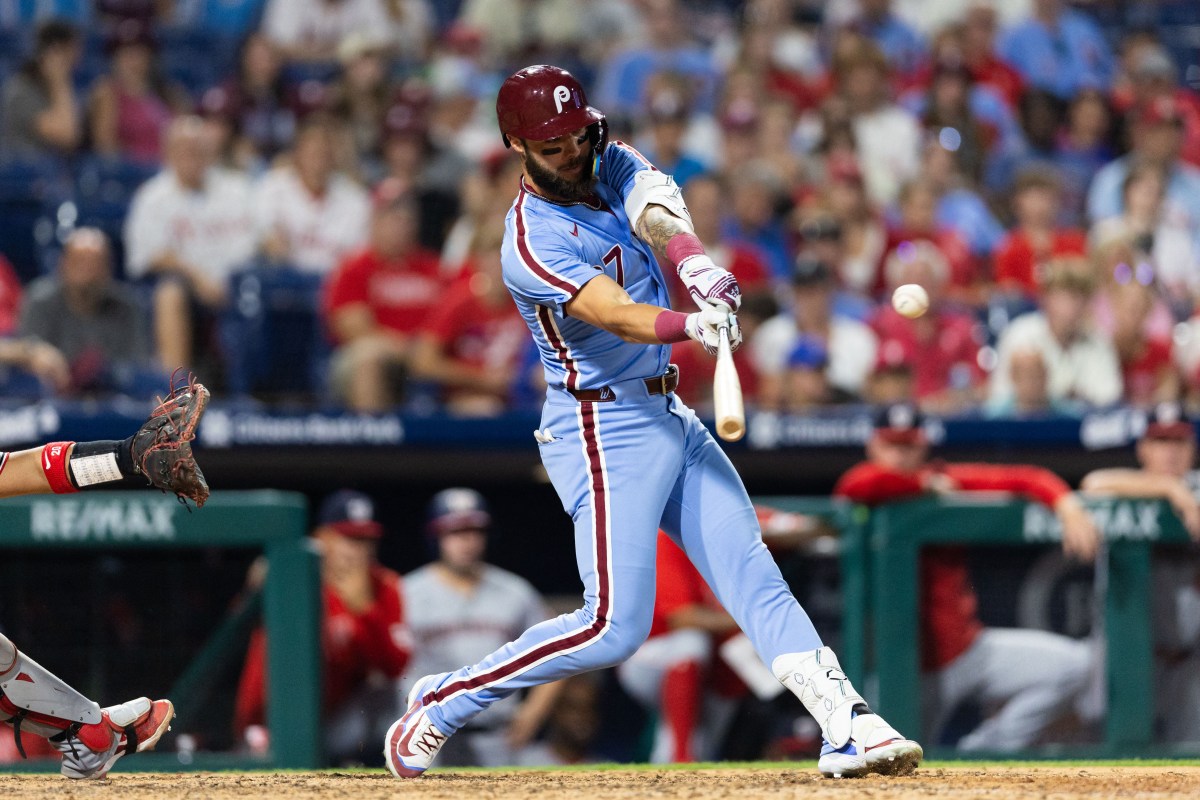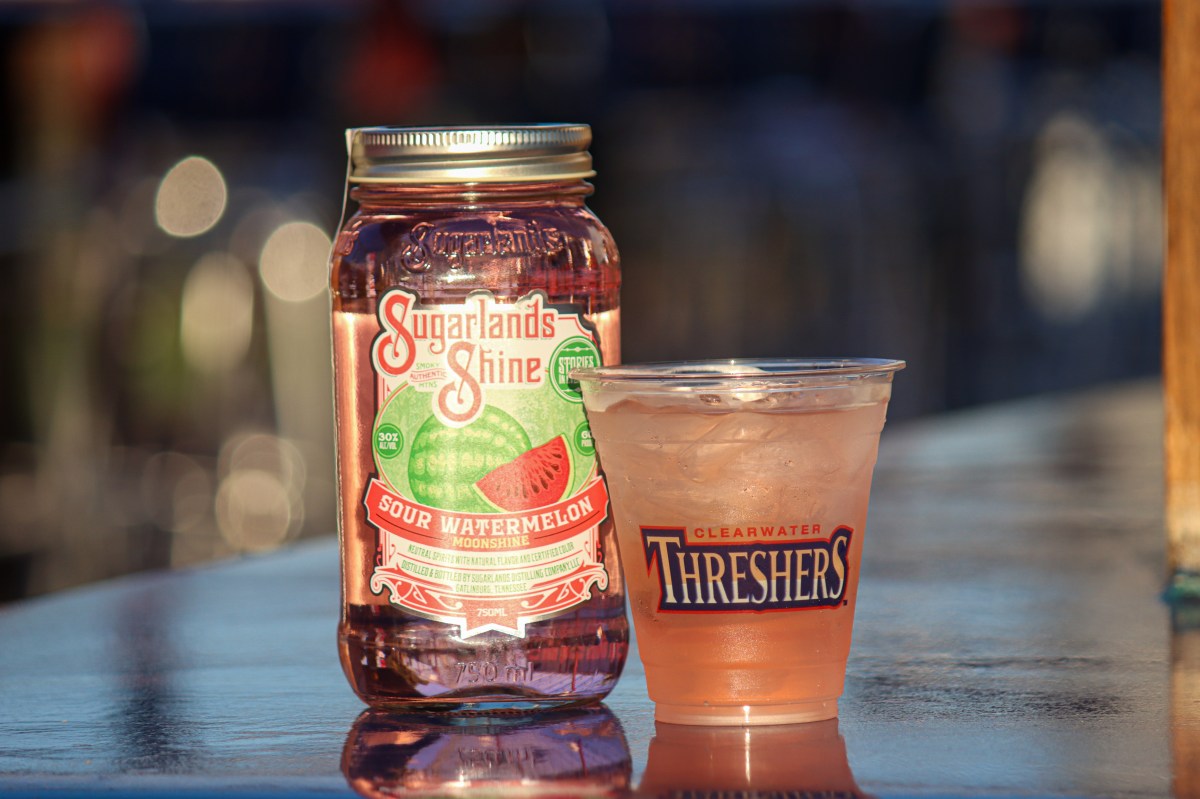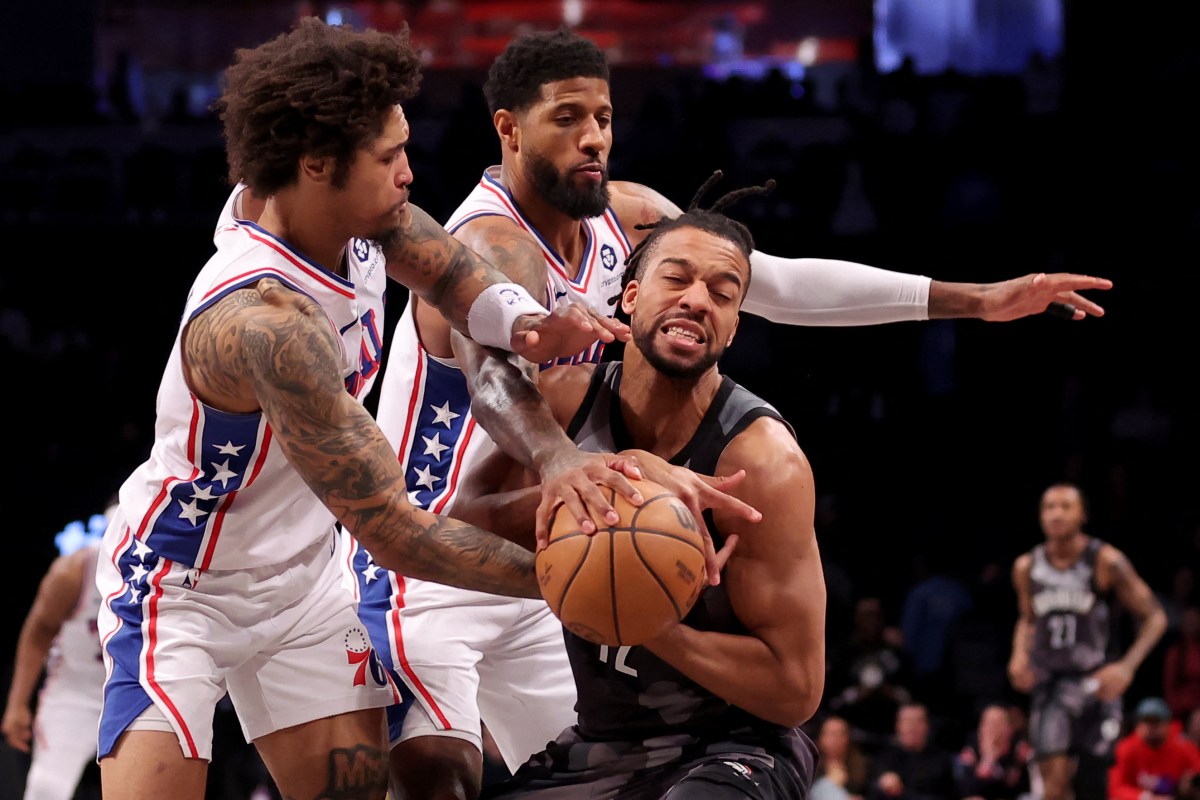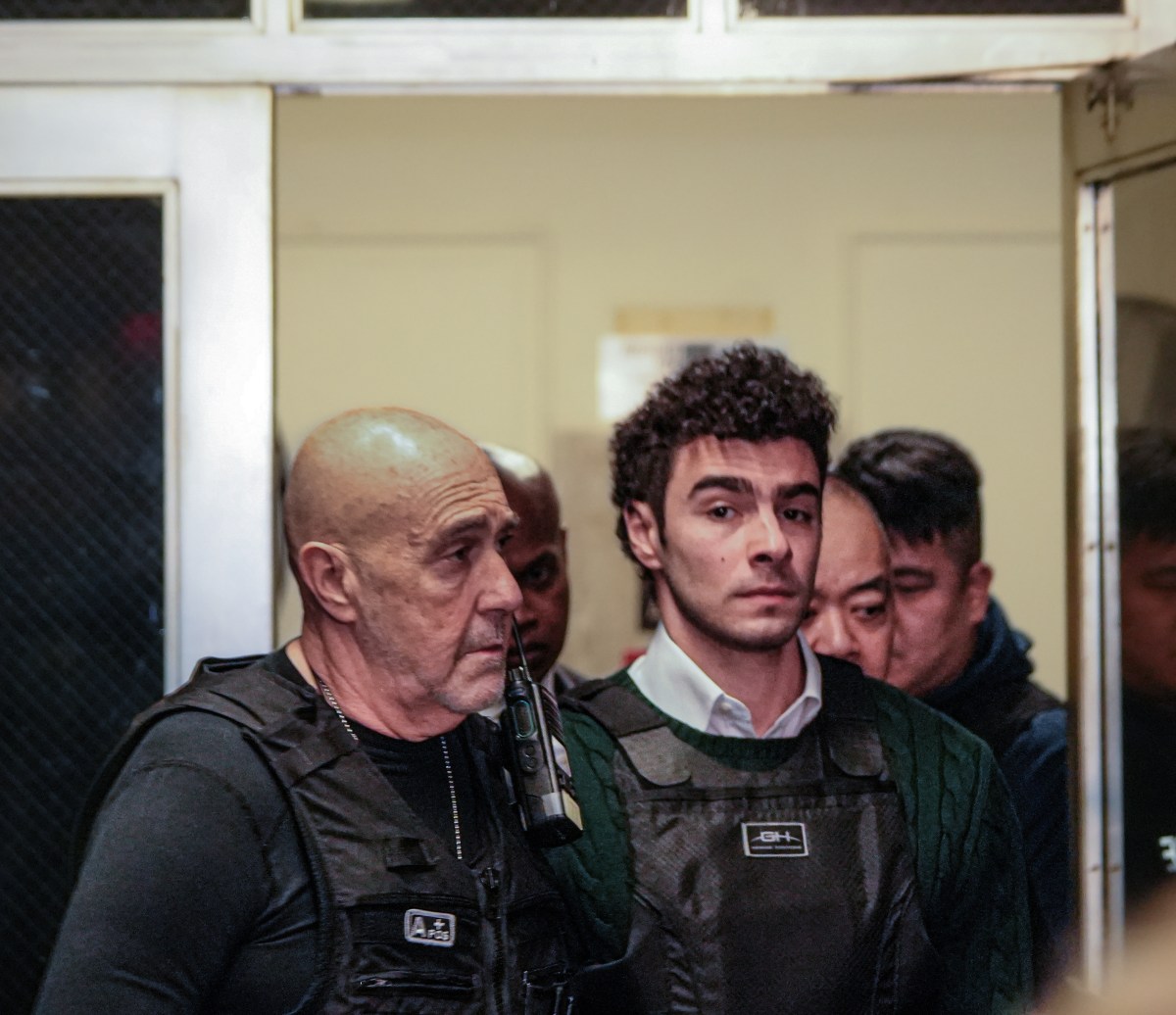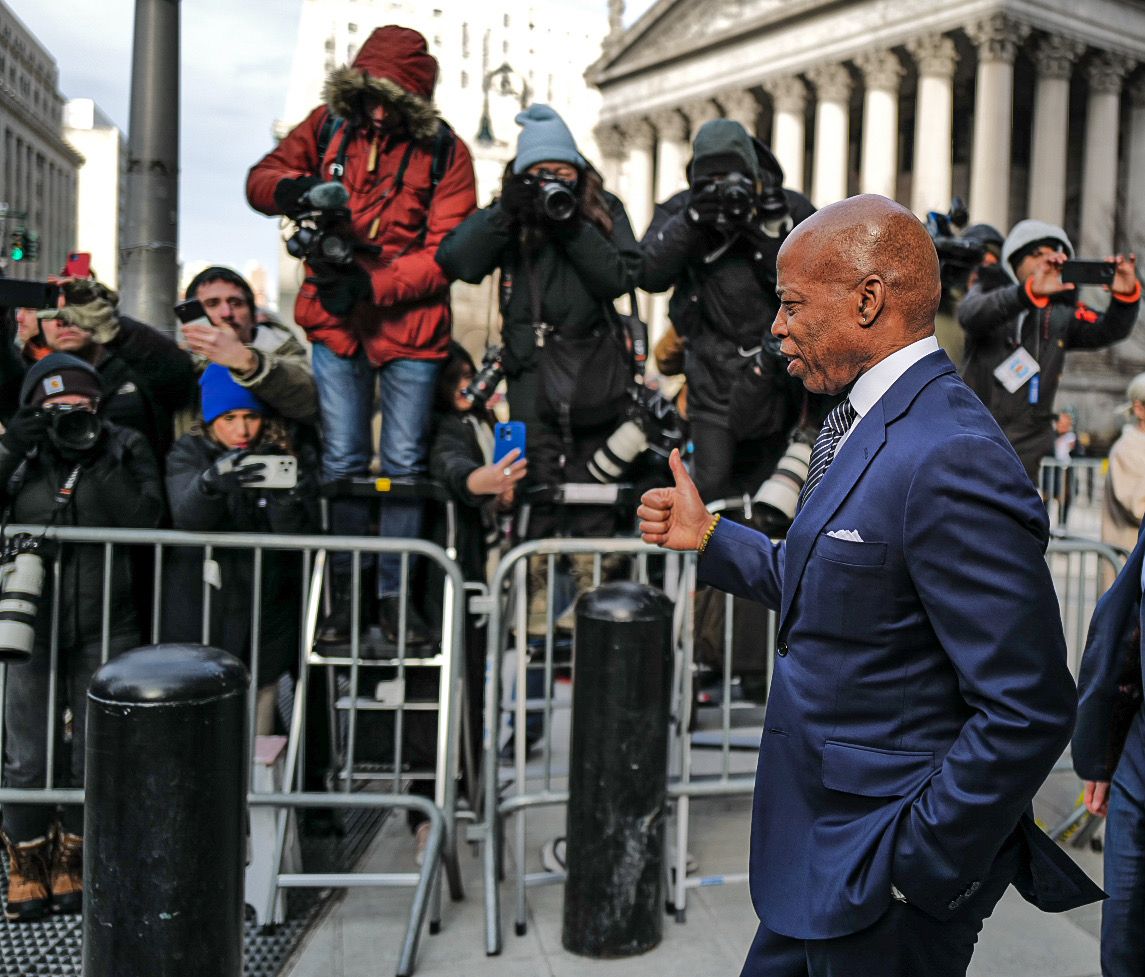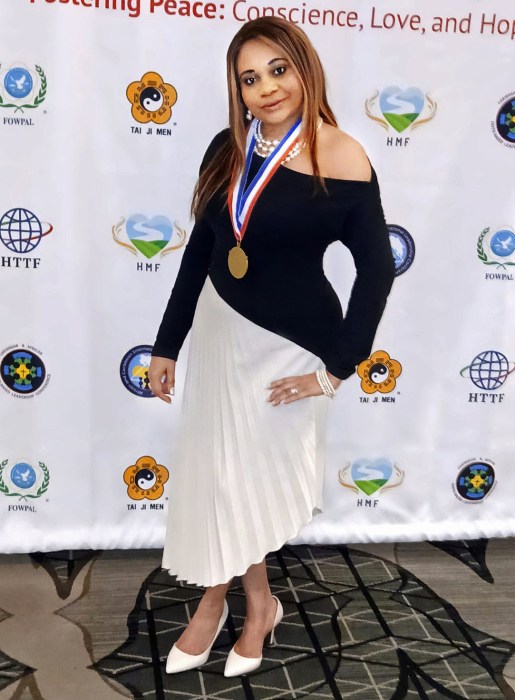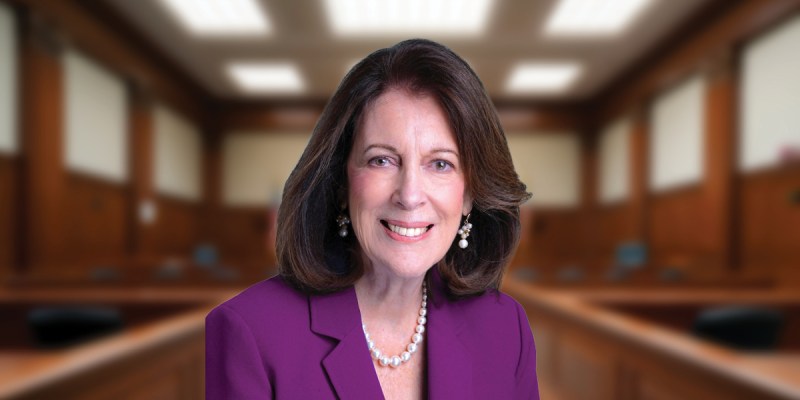The four Massachusetts pastors and churches who filed a federal lawsuit over the state’s new transgender public accommodations law are dropping their court challenge after state officials revised their guidance on the law.
Opponents of the public accommodation law have separately mounted an effort to repeal the law at the ballot in 2018, which remains on track.
Signed by Gov. Charlie Baker onJuly 8, the law bans discrimination based on gender identity in places of public accommodations, including hotels, parks and restaurants, and allows transgender people to access sex-segregated locker rooms and bathrooms that correspond with their gender identity rather than their anatomical sex.
The suit argued that because the law does not provide an exemption for religious institutions, it could force churches to act contrary to their beliefs regarding biological sex and gender identity, violating the First Amendment’s religious freedom protections.
“The government can’t encroach on the internal, religious practices of a church. The language revisions that our lawsuit prompted should ensure that doesn’t happen,” Steve O’Ban, an attorney with the national organization Alliance Defending Freedom, said in a statement. “The comments of commonwealth officials gave these churches reason for great concern, and so we are pleased wording changes have been made to respect the constitutionally protected freedoms these congregations and pastors have.”
The pastors who filed the suit plan aWednesdaypress conference to discuss the dismissal. In a statementMonday, ADF pointed to aNov. 7letter to O’Ban from Attorney General Maura Healey’s office, which said an “unqualified reference to ‘houses of worship'” had been removed from an online list of examples of public accommodations.
“Your lawsuit caused us to focus on these issues and to make this revision to our website,” Genevieve Nadeau, chief of Healey’s civil rights division, wrote in theletter.
The churches had also objected to a line in an original guidance issued by the Massachusetts Commission Against Discrimination (MCAD), which said: “Even a church could be seen as a place of public accommodation if it holds a secular event, such as a spaghetti supper, that is open to the public.”
Anew versionof the MCAD guidance, revised Dec. 5, now says the law “does not apply to a religious organization if subjecting the organization to the law would violate the organization’s First Amendment rights.” If a religious organization’s facilities were used for a “public, secular function,” the law’s requirements would still apply, the guidance continues.
The plaintiffs — pastors George Small of Horizon Christian Fellowship in Fitchburg, David Aucoin of Swansea Abundant Life Assembly of God, Esteban Carrasco of House of Destiny Ministries in Southbridge, and Marlene Yeo of Faith Christian Fellowship of Haverhill, and their respective churches — filed anoticeof voluntary dismissalon Monday, writing in it that they still do not agree with all of the language in MCAD’s revised guidance.
“But because Defendants have admitted that the Plaintiffs’ activities are exempt from the law, the Plaintiffs leave this issue for a future challenge should Defendants attempt to unconstitutionally apply the law to future church activities,” the notice said.
Healey, who had pushed for the law’s passage, wrote in a court filing last week that the law’s provisions do not infringe on First Amendment rights, citing precedent that found the public accommodations law does not apply to the “expression of religious viewpoints.”
“We are pleased that the plaintiffs have voluntarily dismissed this case,” Emily Snyder, a Healey spokeswoman, said in a statement. “This law provides important protections for transgender people who were without full protection and equality under the law for too long.”
Backers of the law launched their campaign against the repeal bid in October, holding an event at King’s Chapel in downtown Boston to highlight support from other religious institutions. Freedom Massachusetts co-chair Mason Dunn said then that more than 350 churches and congregations and more than 250 businesses support the law.
Wednesday’spress conference on the lawsuit is scheduled for1 p.m.at Congregation Lion of Judah at 86 Northampton St. in Boston.

